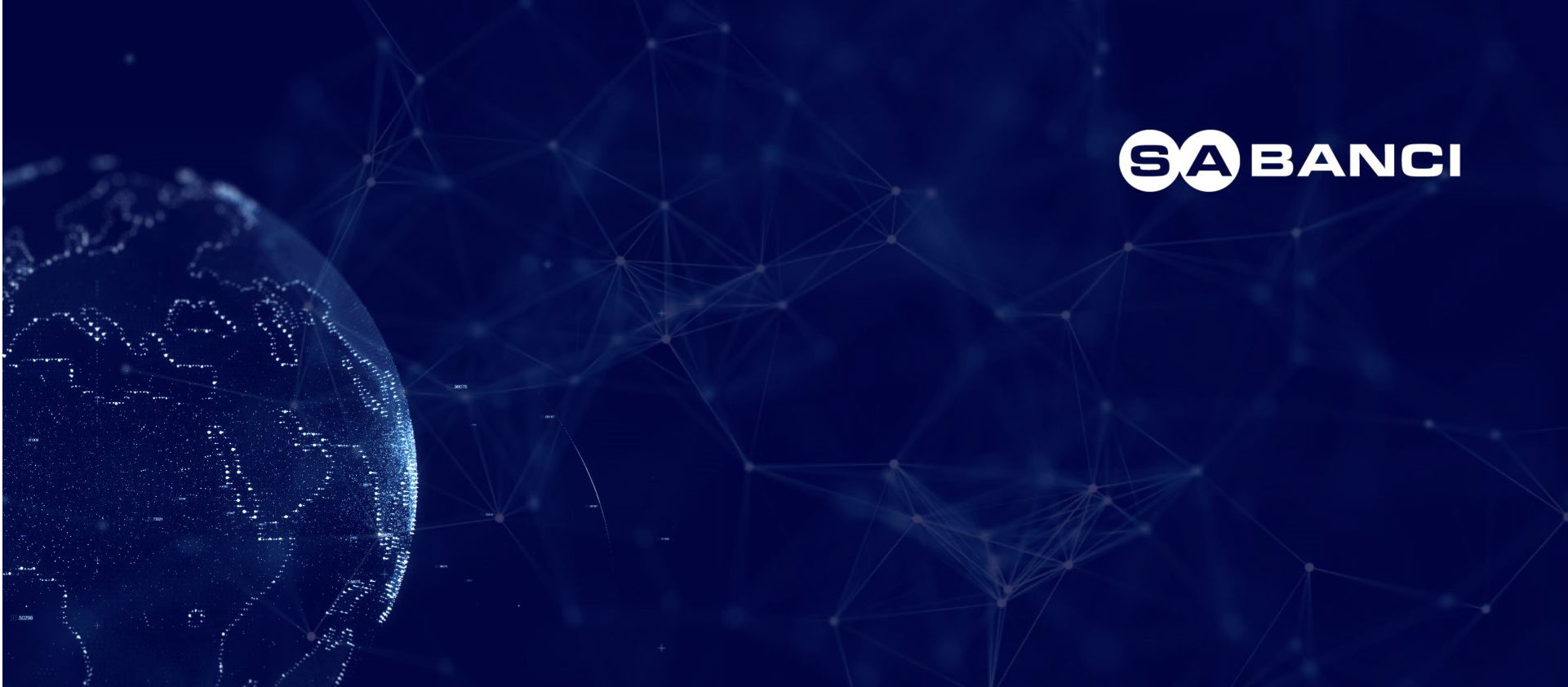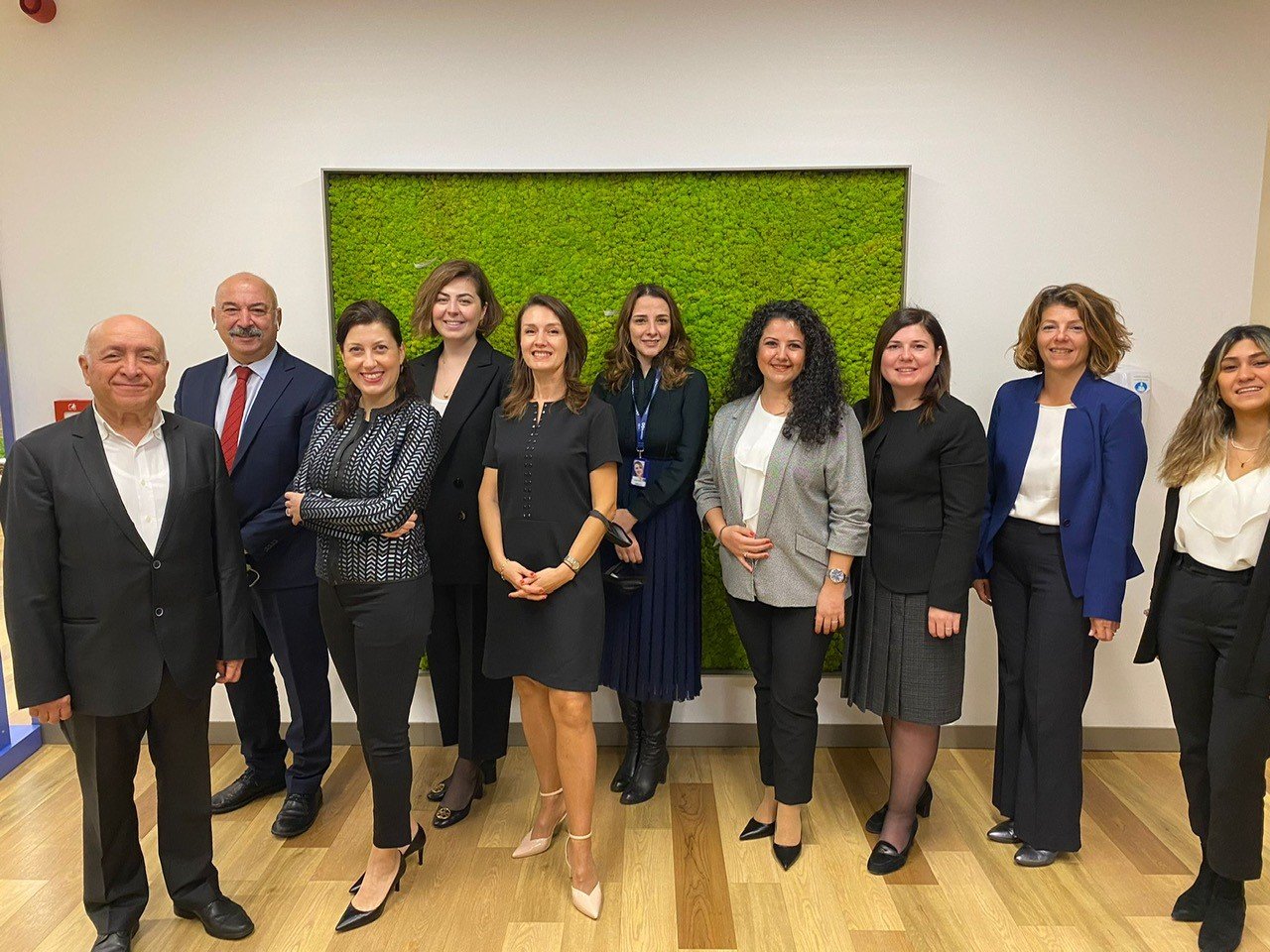Sabanci Group

Challenge
Listed on the İstanbul Stock Exchange, it manages 18 separate companies and operates in 13 different countries, with combined annual sales of over 150 billion Turkish Lira ($17billion) in 2021.
Sabanci Holding prioritises a performance culture to create value for stakeholders. Its purpose is “uniting Turkey and the world for a sustainable with leading enterprises.”
So Sabanci Holding Group turned to The EFQM Model to help create a culture of continuous improvement and shared best-practice across the whole conglomerate.

Solution
“As part of his drive for continuous improvement our CEO asked 10 senior executives from group companies to carry out an EFQM self-assessment project. We followed that with tailored EFQM Assessor Training and then interviewed everyone who works for Sabanci Holding, as well as senior executives from the individual companies as well.”
The team worked with local EFQM Certified Advisor Celal Seçkin on the self-assessment project, to develop bespoke processes which ensured that insights from over 100 interviews could be recorded from one-to-ones, focus groups, polling tools and online workshops.
The results were tailored to Sabanci’s requirements as a conglomerate – their stakeholders include shareholders, employees, group and other companies as investors or JV partners.
The report identified areas of best practice that could be replicated. So senior executives from group companies established new workstreams working across the group to deliver on ambitious action plans that supported Sabanci Holding’s ambitions.
“Delivering those actions will improve the performance of our Group and help us address the ‘conglomerate discount gap’ – which is one of the key reasons that we started our EFQM journey”, says Yeliz.
Celal Seçkin agrees. “With The EFQM Model, we could define the conglomerate’s stakeholders, analyze their inter- actions in a complex environment, define the boundaries between the conglomerate, group companies, partnerships, society at large and look at creating sustainable value for stakeholders.”
Everyone involved in the project agreed on the learning opportunities it delivered. The opportunities ahead. And the excellent way that using the model was championed by the conglomerate’s CEO Mr Cenk Alper – who had previous experience with the model – won the EFQM Excellence Award in 1997 with Beksa and Turkey Excellence Award in 1996 with Kordsa. Brisa also won the EFQM Excellence Award in 1996.
It’s early days, but already the process as well as the implementation looks like a success. So much so, that several of the individual group companies have already pledged to start using the EFQM model in their own organisations.
